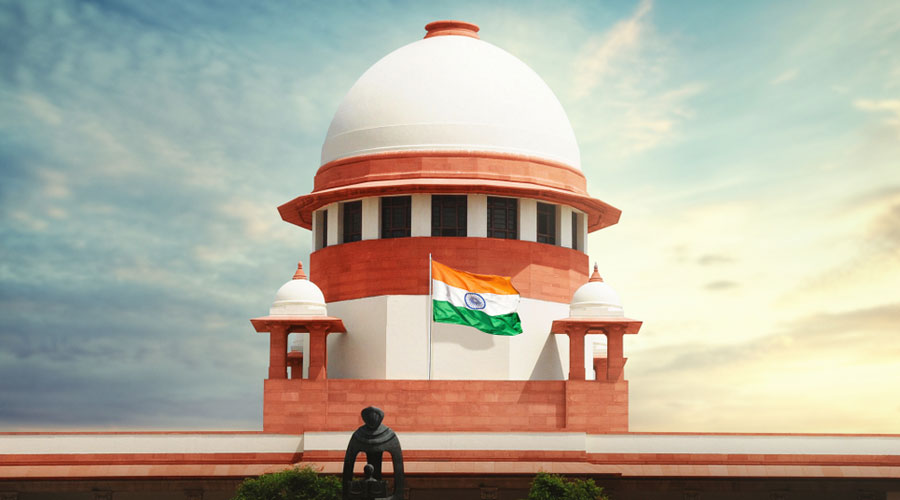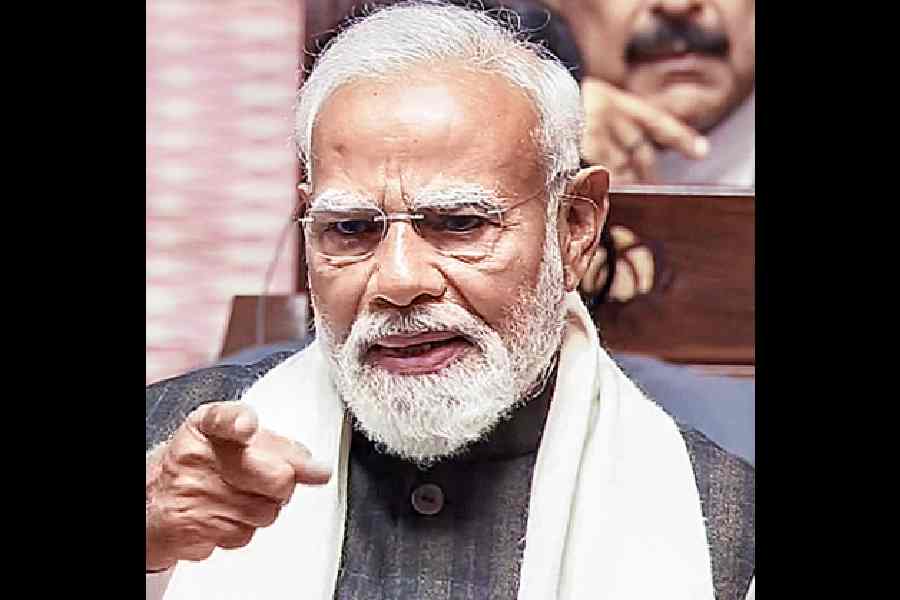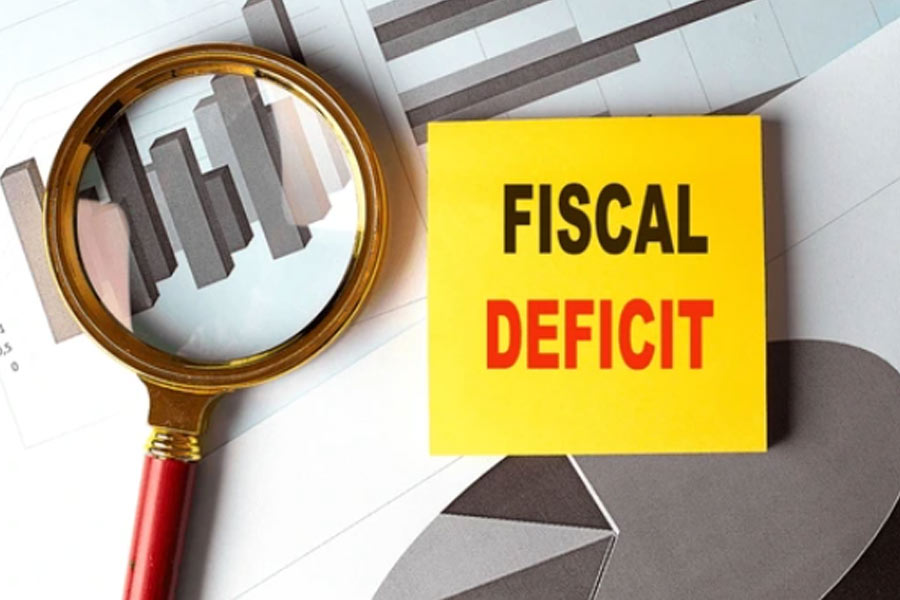The Supreme Court on Thursday said that election process, which is the very foundation of a democratic government, stand threatened by social media manipulation and digital platforms can be imminently uncontrollable at times and carry their own challenges.
The apex court said that information explosion in digital age is capable of creating new challenges that are insidiously modulating the debate on issues where opinions can be vastly divided and successful functioning of a liberal democracy can only be ensured when citizens are able to make informed decisions.
A bench headed by Justice S K Kaul said that power and potentiality of these intermediaries is vast, running across borders, and these are multinational corporations with large wealth and influence at their command.
By the very reason of the platform they provide, their influence extends over populations across borders. Facebook is one such corporation, said the bench, also comprising Justices Dinesh Maheshwari and Hrishikesh Roy.
The top court made the observations in its 188-page judgement dismissing a plea filed by Facebook India Vice President and MD Ajit Mohan and others challenging the summons issued by the Delhi Assembly's Peace and Harmony committee for failing to appear before it as witness in connection with the north-east Delhi riots last year.
The technological age has produced digital platforms not like the railway platforms where trains were regulated on arrival and departure. These digital platforms can be imminently uncontrollable at times and carry their own challenges, it said.
The bench noted that a testament to the wide-ranging services which Facebook offers is the fact that it has about 2.85 billion monthly active users as of March 2021 and this is over one-third of the total population of this planet.
It said that Facebook is the most popular social media platform in India with about 270 million registered users.
Such vast powers must necessarily come with responsibility. Entities like Facebook have to remain accountable to those who entrust them with such power. While Facebook has played a crucial role in enabling free speech by providing a voice to the voiceless and a means to escape state censorship, we cannot lose sight of the fact that it has simultaneously become a platform for disruptive messages, voices, and ideologies, it said.
Thus, while social media, on the one hand, is enhancing equal and open dialogue between citizens and policy makers; on the other hand, it has become a tool in the hands of various interest groups who have recognised its disruptive potential. This results in a paradoxical outcome where extremist views are peddled into the mainstream, thereby spreading misinformation, it said.
The top court said that established independent democracies are seeing the effect of such ripples across the globe and are concerned.
Election and voting processes, the very foundation of a democratic government, stand threatened by social media manipulation, it said.
The bench said that effect on a stable society can be cataclysmic with citizens being 'polarized and parlayzed' by such 'debates', dividing the society vertically. Less informed individuals might have a tendency to not verify information sourced from friends, or to treat information received from populist leaders as the gospel truth.
It said internationally, Facebook has had to recognise its role in failing to prevent division and incitement of offline violence in the context of the stated ethnic cleansing in Myanmar where a crescendo of misinformation and posts, somehow missed by Facebook employees, helped fuel the violence.
The platform similarly apologised for its lack of serious response to evident signs of abuse of the platform in Sri Lanka, which again is stated to have stoked widespread violence in 2018 in the country and had to acknowledge its need to be regulated though the exact method is still unclear and a prerogative of law making authority, it said.
The top court there have been endeavours by countries like Australia, the US, the UK and the EU for ways to regulate platforms such as Facebook in an efficient manner but their efforts are still at a nascent stage as studies are undertaken to understand the dynamism of the platform and its disruptive potential .
The US has also seen heated debates arising from the 2016 Presidential elections with allegations of supposed interference by Russia allegedly facilitated by platforms like Facebook, the bench noted in its verdict.
We have penned down a detailed introduction to appreciate the gravity of what was debated before us in the context of Facebook's hands off approach, who have urged that they cannot be compelled to participate in proceedings of sub-committees formed by the parliament or the legislative assemblies, the bench said.
The bench said that Delhi Legislative Assembly and its committee have the power to compel attendance of members and outsiders on grounds of its privilege.
While acknowledging the distribution of power, it said that though law and order and police do not fall under the legislative domain of Delhi Assembly, in the larger context the concept of peace and harmony goes much beyond that.
It said in any case, the representative of the social media giant would have the right to not answer questions directly covered by these two fields.










